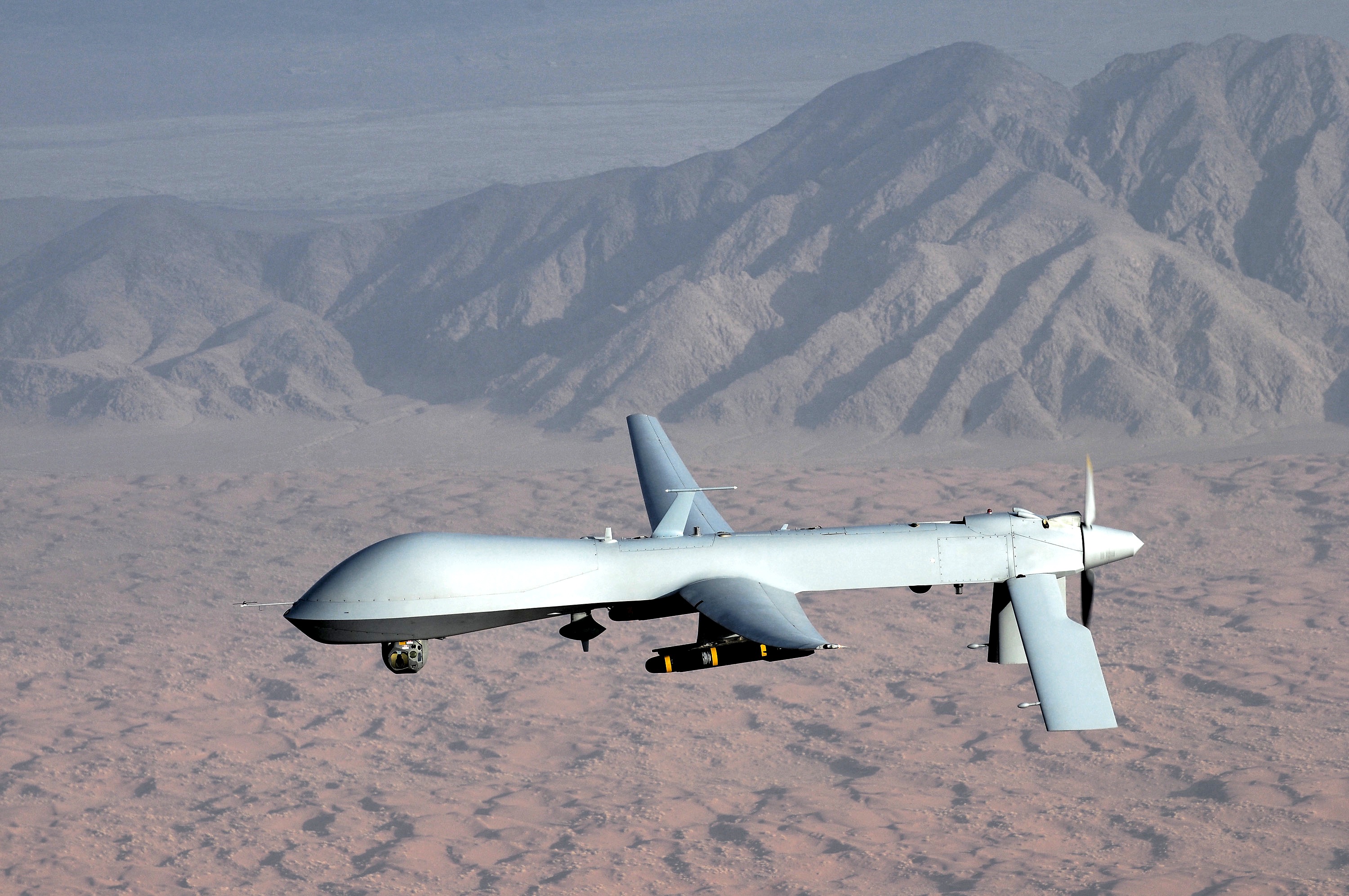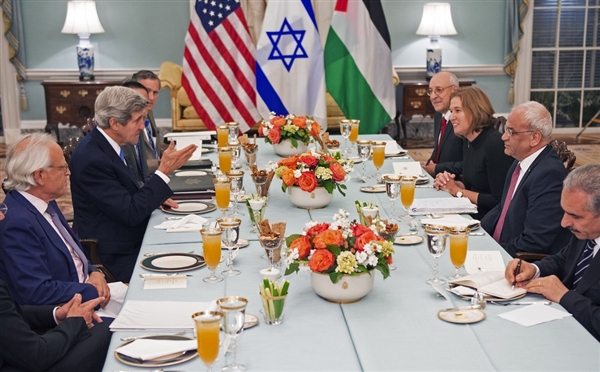The perception of drones in warfare has been subject to mixed reviews. Some believe they are the way of the future, and will soon change the dynamics of warfare forever. Others believe that drones are immoral, and the damage they cause is not justifiable. The purpose of this article is to make a case for drone warfare, and to contextualize some of the myths involved in their use.
First, one must become familiar with the technology. Currently, unmanned aerial vehicles are controlled by pilots from the ground, or are programmed to autonomously follow a pre-established mission. These aircrafts are used in warfare for the purpose of reconnaissance, surveillance, and targeted strikes. They are much cheaper to produce than standard military aircrafts, and they are much safer to operate, as the pilot is never in harm’s way. But the covert nature of the technology, the relentless striking power, and the seemingly indiscriminate nature of their strikes make drones a contentious topic in international relations.
One of the most significant arguments against drones is their seemingly indiscriminate strikes, and tendency to result in large numbers of civilian deaths. However, drone strikes have the targeting benefits that other weapons do not have. As well; death toll reporting has proven to be extremely inaccurate, and may in fact be lower than the totals from strikes with conventional bombs.

With all of the subjectivity surrounding the effectiveness of drones, and their perceived tendency to kill innocent civilians, it is imperative to look at drones in comparison to other weapons and military techniques in order to better gage their effectiveness in warfare. Drones, unlike most modern weapons, can loiter and survey a target for many hours before striking. This capability makes them much more controlled than large scale air-campaigns, which often use 500lbs bombs with indiscriminate blast zones. The ability of drones to survey targets for long periods of time, allows for an advantageous strike, preferably when the target is isolated and civilians are at little risk. In addition, the small grenade like warhead on a drone’s missile allows for smaller controlled explosions, making it less invasive than its missile counterparts.
Public opinion of drones often suffers from the belief that they are often responsible for the loss of civilian lives. Conflicts throughout history have proven to be costly to innocent inhabitants of war zones; however, the presumption that drone strikes are notorious for causing civilian deaths is extremely inaccurate. Independent and government reports often conflict. However, there is a notable tendency of both Middle Eastern Governments and private analysts to report inflated numbers of civilian deaths from drone strikes. In fact, neither the United States nor Middle Eastern governments release information on those killed by drone strikes, so it is impossible to publish factual results. Independent studies show that drone strikes result in one civilian death for every three terrorist deaths. The American government, to date, has yet to assume responsibility for any civilian deaths as the result of drone strikes, because “innocent civilians” is rather subjective. The United States, for example, believes that all military-age males in the conflict zone are exempt from civilian status, and if an individual within this category is killed, it is assessed as a successful strike.
Without a doubt, drones do result in the deaths of innocent civilians. However, both the inflation and deflation of reported statistics must be considered. It is likely that drone strikes fall somewhere in between the low totals given by the United States, and the high totals given by Middle Eastern governments and private sector analysts. Regardless of the estimates, it is nearly impossible to provide a definite number, and totals will vary as the result of subjectivity. Regardless of the estimates, the technological capabilities of drones allow them to strike much more discriminately than other weapons used to conduct similar operations in the past.

The legality of their use has often been called into question, as United Nations officials have argued that drones subvert many important legal limitations of warfare. Specifically, many believe that drone use does not constitute traditionally accepted modes of combat, but instead, they are nothing more than targeted killing machines. This technique does not afford targeted individuals with the opportunity to surrender or be captured; instead, they are immediately killed or gravely injured. Moreover, many contest their use, and deem them to be out of line with modern international law and the rules of war.
It is not easy to argue against this point, however, the increasingly wide use of drones in warfare, and the continued development of drones around the globe clearly point to their future prominence. It is imperative that the United States recognize this trend, and become a leader for the use of drones in warfare to insure that they are used responsibly and consistently within the confines of a conflict. With the undoubtedly upcoming proliferation of drones, the United States has made efforts to define a legitimate drone strike. However, while the definition remains unclear, their use in warfare does not seem to be letting up, as the results they are producing are clearly advantageous from a cost/benefit standpoint, and have afforded the United States and its allies a clear advantage in the War on Terror. Given their effectiveness, it appears that drones are here to stay, and governments can choose to adopt the technology, or let their military and defence technology fall into inferiority.




